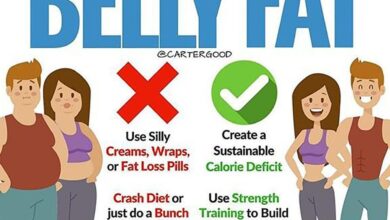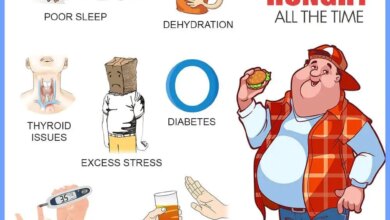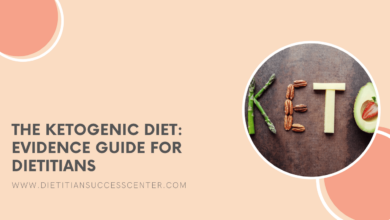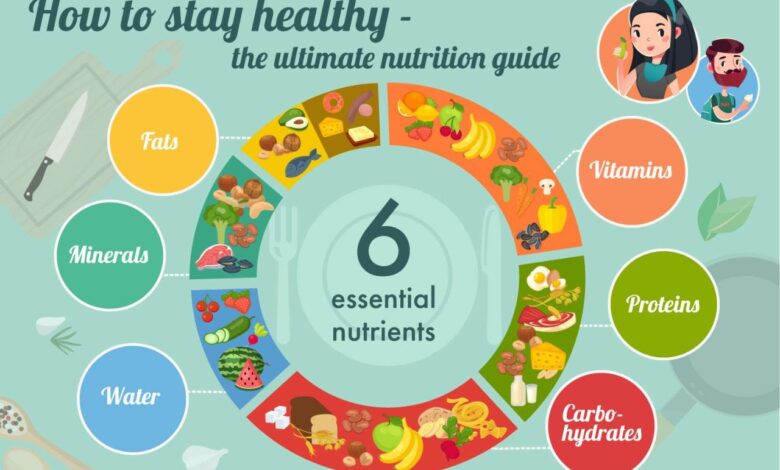
10 Nutrients to Boost Mental Health and Cognition
10 nutrients to boost mental health and cognition – it sounds like a secret formula, doesn’t it? But the truth is, the foods we eat can have a powerful impact on our brains, influencing everything from mood and focus to memory and learning.
This isn’t just a trendy idea, it’s backed by science. Our brains need certain nutrients to function optimally, and when we’re lacking, it can show up in our mental well-being. So, let’s explore these vital nutrients and discover how they can help us unlock our brain’s full potential.
This article delves into the world of essential nutrients that play a crucial role in supporting mental health and cognitive function. We’ll uncover the benefits of each nutrient, discuss potential deficiencies and their impact, and explore how these nutrients work within our brains to promote optimal well-being.
We’ll also delve into practical dietary strategies, addressing considerations like potential interactions and individual needs. Join me as we unlock the secrets to nourishing our minds and maximizing our cognitive potential!
The Power of Nutrients: Fueling Your Mental Health and Cognition: 10 Nutrients To Boost Mental Health And Cognition

Mental health and cognition are fundamental aspects of our well-being, impacting everything from our mood and emotions to our ability to learn, remember, and make decisions. A healthy mind is essential for leading a fulfilling life, navigating challenges, and achieving our full potential.
While factors like genetics, lifestyle, and stress play a role, nutrition plays a critical role in supporting optimal mental health and cognitive function.
The food we consume provides our brains with the building blocks and fuel they need to thrive. Specific nutrients can influence brain chemistry, neurotransmitter production, and overall brain health, impacting our mood, memory, focus, and cognitive abilities. This article explores 10 key nutrients that are essential for supporting mental well-being and cognitive function, providing insights into how these nutrients work and how to incorporate them into your diet.
Omega-3 Fatty Acids
Omega-3 fatty acids, particularly DHA (docosahexaenoic acid) and EPA (eicosapentaenoic acid), are essential for brain health. They are integral components of brain cell membranes, supporting their structure and function. Omega-3s are also involved in the production of neurotransmitters like serotonin and dopamine, which play crucial roles in mood regulation, learning, and memory.
- Benefits:Omega-3 fatty acids have been linked to improved mood, reduced symptoms of anxiety and depression, enhanced cognitive function, and a lower risk of age-related cognitive decline.
- Sources:Fatty fish like salmon, mackerel, tuna, and sardines are excellent sources of omega-3s. Other sources include flaxseeds, chia seeds, walnuts, and algae oil.
Essential Nutrients for Mental Health
Your brain, the control center of your body, thrives on a balanced diet rich in essential nutrients. These nutrients act as building blocks for brain cells, neurotransmitters, and other crucial components, directly impacting your mental well-being and cognitive function. This section delves into the vital role of specific nutrients in supporting mental health and explores the potential consequences of their deficiencies.
Essential Nutrients and Their Benefits
Here’s a comprehensive overview of key nutrients that contribute to optimal mental health, along with their food sources and recommended daily intakes:
| Nutrient | Benefits for Mental Health | Food Sources | Recommended Daily Intake |
|---|---|---|---|
| Omega-3 Fatty Acids |
|
|
|
| Vitamin B12 |
|
|
|
| Vitamin D |
|
|
|
| Zinc |
|
|
|
| Magnesium |
|
|
|
| Iron |
|
|
|
| Folate |
|
|
|
| Choline |
|
|
|
| Probiotics |
|
|
|
| Antioxidants (e.g., Vitamin C, Vitamin E, Selenium) |
|
|
|
Considerations and Potential Interactions
While these nutrients are vital for mental health and cognition, it’s crucial to consider their potential interactions with medications, supplements, and individual needs. It’s also essential to understand how dietary restrictions may impact your ability to obtain these nutrients.
From B vitamins for energy production to omega-3 fatty acids for brain health, there are plenty of nutrients that can help boost your mental health and cognition. And while it’s important to get these nutrients from a variety of sources, a delicious and nutritious meal like mushrooms brussels sprouts tofu grain bowls can provide a great starting point.
These bowls are packed with vitamin D from mushrooms, vitamin C from Brussels sprouts, and protein from tofu, all of which are essential for optimal brain function.
Potential Interactions with Medications and Supplements
Certain nutrients can interact with medications or supplements, potentially affecting their effectiveness or causing adverse effects. It’s vital to consult with your healthcare professional before making any significant changes to your diet, especially if you’re taking medications. For example,
vitamin K can interfere with the effectiveness of blood thinners like warfarin
. Similarly,
high doses of iron supplements can reduce the absorption of zinc
. It’s essential to understand these potential interactions and discuss them with your doctor to ensure your safety and well-being.
We all know that a balanced diet is crucial for a healthy mind, and certain nutrients like omega-3 fatty acids, zinc, and vitamin B12 are particularly important for boosting mental health and cognition. A delicious and satisfying way to incorporate these nutrients into your diet is with a hearty bowl of chili.
For some easy and healthy options, check out 10 easy chunky chili recipes under 360 calories , packed with beans, vegetables, and lean protein. Fueling your body with the right nutrients can make a real difference in your mental well-being, and a delicious chili is a great way to start.
Individual Needs and Dietary Restrictions
Individual needs and dietary restrictions play a significant role in how you obtain these essential nutrients. For example,
individuals with celiac disease may need to seek alternative sources of iron and zinc
, as gluten-containing grains are common sources of these nutrients. Similarly,
You know how they say “you are what you eat”? Well, it’s true! Fueling your body with the right nutrients can have a huge impact on your mental health and cognition. I’m always looking for delicious ways to get my daily dose of brain-boosting foods, and recently I’ve been obsessed with a teriyaki chicken fried rice recipe that’s packed with veggies and lean protein.
It’s a great way to get your fill of essential vitamins and minerals, which can help you feel sharper and more focused throughout the day. So, next time you’re looking for a healthy and flavorful meal, give this recipe a try!
vegans may need to supplement with vitamin B12
, as it’s primarily found in animal products.
- Allergies: Individuals with food allergies need to be mindful of their dietary choices and ensure they consume these nutrients from safe sources. For example, someone allergic to nuts may need to find alternative sources of vitamin E.
- Veganism: Vegans can obtain these nutrients from plant-based sources, but they may need to supplement with certain vitamins and minerals, like vitamin B12 and iron.
- Other Dietary Restrictions: Other dietary restrictions, such as lactose intolerance or religious practices, may also influence nutrient intake. It’s important to consult with a registered dietitian or nutritionist to create a personalized dietary plan that meets your specific needs.
Importance of Consulting a Healthcare Professional, 10 nutrients to boost mental health and cognition
Ultimately, the best way to ensure you’re getting the right amount of these essential nutrients is to consult with a healthcare professional. They can assess your individual needs, dietary restrictions, and medical history to provide personalized dietary advice.
A healthcare professional can help you determine the appropriate dosage of supplements, identify potential interactions with medications, and create a safe and effective dietary plan.
Conclusion
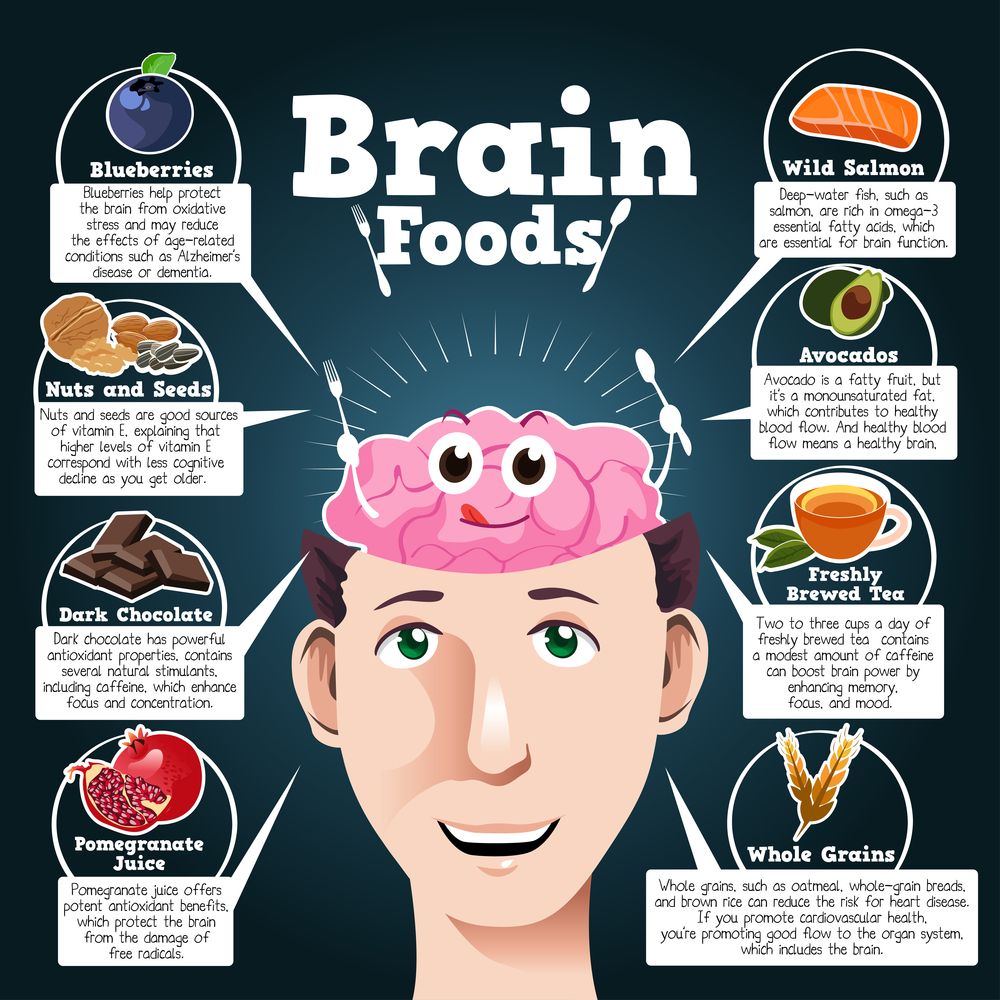
This comprehensive exploration of ten essential nutrients has illuminated the profound impact of nutrition on mental health and cognitive function. From bolstering mood regulation to enhancing memory and focus, these nutrients play a vital role in supporting our mental well-being.
By incorporating these nutrient-rich foods into our daily diets, we can empower our minds to thrive. This journey has emphasized the importance of a balanced dietary approach, prioritizing whole foods rich in these essential elements.
Prioritizing Mental Well-being Through a Healthy Lifestyle
A balanced diet is just one piece of the puzzle when it comes to nurturing mental health. Adopting a holistic approach that encompasses a variety of lifestyle factors is crucial for optimal well-being.
“A healthy mind requires a healthy body, and a healthy body requires a healthy mind.”
This quote underscores the interconnectedness of our physical and mental states. By integrating these key elements into our daily routines, we can cultivate a foundation for sustained mental well-being:
- Regular Exercise:Physical activity has been shown to have a positive impact on mood, cognitive function, and overall mental health. Aim for at least 30 minutes of moderate-intensity exercise most days of the week.
- Quality Sleep:Adequate sleep is essential for cognitive restoration, emotional regulation, and overall well-being. Strive for 7-9 hours of quality sleep each night.
- Stress Management:Chronic stress can negatively impact mental health. Practice stress-reduction techniques such as mindfulness, yoga, or deep breathing exercises.
- Social Connection:Strong social connections are vital for mental well-being. Make time for meaningful interactions with loved ones and participate in activities that foster a sense of community.
Final Thoughts
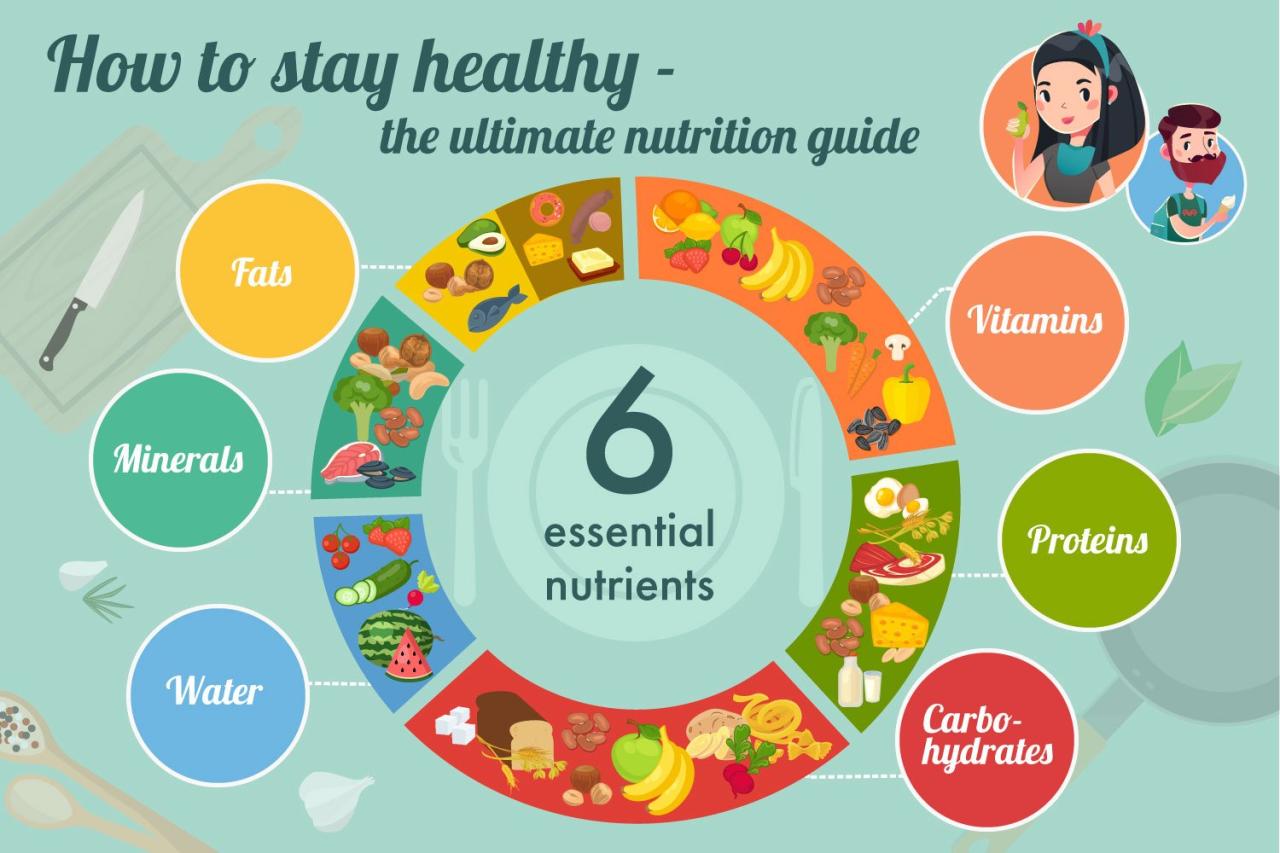
From omega-3 fatty acids to probiotics, the journey through these 10 key nutrients has revealed a fascinating connection between what we eat and how we think, feel, and learn. Remember, it’s not just about consuming these nutrients individually, but rather about creating a balanced dietary approach that incorporates them all.
Prioritizing a healthy lifestyle that includes regular exercise and adequate hydration alongside a nutrient-rich diet can be a powerful recipe for a sharp mind and a happy heart. So, let’s embrace the power of food and nurture our mental well-being, one delicious bite at a time.

